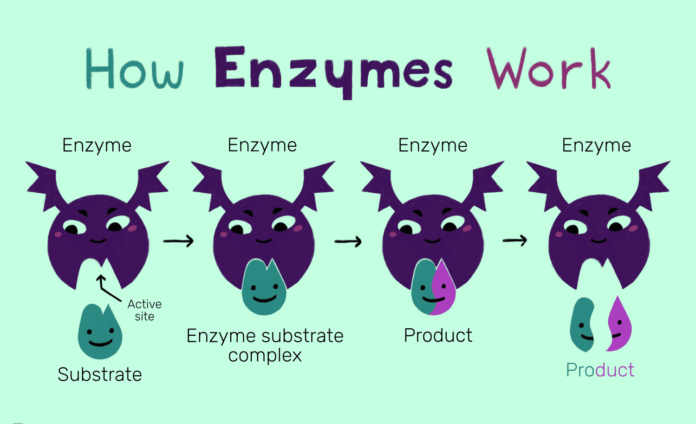Importance of Enzymes: Catalysts of Life
Enzymes are proteins that act as catalysts in biochemical reactions, speeding up processes that are essential for life. Without enzymes, many crucial reactions in our body would occur too slowly to support life. These biological catalysts are vital for a range of functions, from digestion to DNA replication. In this blog, we will explore the importance of enzymes in various biological processes and their applications in industries.
Enzymes and Their Role in Digestion:
One of the most well-known functions of enzymes is their role in digestion. The digestive system relies on enzymes to break down food into smaller, absorbable molecules. For example, amylase breaks down carbohydrates, protease helps digest proteins, and lipase aids in the digestion of fats. Without these enzymes, the body would struggle to extract essential nutrients from food, leading to malnutrition and digestive disorders.
Enzymes in Metabolism:
Enzymes are also crucial in regulating metabolism, the set of chemical reactions that occur in the body to maintain life. These reactions include the breakdown of nutrients to produce energy, as well as the synthesis of molecules needed for growth and repair. Enzymes like ATP synthase play a key role in energy production by facilitating the conversion of nutrients into usable energy. Additionally, enzymes help regulate the rate at which metabolic processes occur, ensuring that the body’s functions are carried out efficiently.
Enzymes in DNA Replication and Repair:
Another critical function of enzymes is their involvement in DNA replication and repair. DNA polymerase, for instance, is responsible for copying DNA during cell division. It ensures that genetic information is accurately passed down to new cells. Enzymes are also involved in DNA repair, fixing errors or damage to the DNA that can lead to mutations and diseases like cancer. Without these enzymes, the integrity of the genetic material could be compromised, affecting cell function and overall health.
Industrial Applications of Enzymes:
Beyond their biological functions, enzymes have numerous applications in various industries. In the food industry, enzymes are used to improve food processing, enhance flavors, and increase the shelf life of products. In the textile industry, enzymes help in fabric processing, such as in the washing and softening of clothes. Enzymes are also used in detergents, helping to break down stains and dirt more efficiently than traditional cleaning agents. Their ability to speed up chemical reactions makes them valuable tools in industries ranging from pharmaceuticals to biofuels.
Conclusion:
Enzymes are indispensable to life, playing essential roles in digestion, metabolism, DNA replication, and many other vital processes. They are also valuable in various industries, contributing to innovations and efficiency in production. Understanding the importance of enzymes highlights the intricate and remarkable systems that keep life running smoothly, from the smallest cellular processes to large-scale industrial applications.

